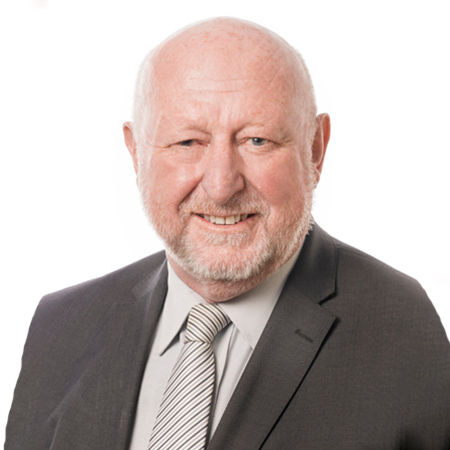It is not uncommon for healthcare providers to be approached to provide the medical records of a deceased patient. The request usually comes from a lawyer accompanied with an authority purporting to be from a family member. Issues arise as to privacy provisions.
In New South Wales the Health Records Information Privacy Act 2002 (HRIP Act) applies. Section 31 of the HRIP Act provides:
-
- Before a private sector person provides access to health information to a person, the private sector person must take reasonable steps to be satisfied about that person’s authority to have access to the information.
- For this purpose the private sector may require evidence of:
-
-
-
- the person’s identity;
- if the person seeking access claims to be authorised to have access to the information under Section 26(2), the authority of that person; and
- if the person seeking access claims to be an authorised representative of the individual to whom the information relates, the authority of that person.
-
-
The conundrum that arises is when the deceased patient has left no Will. In those circumstances an application for letters of administration of the deceased’s estate can sought from the Supreme Court.
Such a matter was recently considered by the New South Wales District Court in Back -v- Allity Pty Limited t/as Calare Aged Care [2002] NSWDC 424.
In that matter the deceased was a 74 year old Aboriginal man who had been a long time resident of the defendant nursing home. The deceased died from septicaemia shortly after a trainee nurse allegedly removed a catheter. The deceased did not leave a Will or a significant estate that would justify the applicant (the son of the deceased) incurring the cost of obtaining letters of administration of the deceased’s apparently valueless estate.
Allity claimed that there were legal impediments which prevented it from providing records under the HRIP Act. Allity declined the request by the applicant’s solicitors on the basis that the applicant did not provide evidence capable of establishing that the applicant was the deceased’s authorised representative or that he was an executor or administrator of the deceased’s estate.
As a result, the applicant sought proceedings for preliminary discovery of his late father’s medical records. The primary judge observed that there were other relevant mechanisms that could have been invoked and followed under the HRIP Act.
One such provision was Section 65 of the HRIP Act which provides a statutory power of exemption from compliance on an application to the Privacy Commissioner for a direction to that effect. The primary judge found that Allity did not avail itself of that opportunity.
The primary judge made orders for preliminary discovery of the deceased’s medical records and ordered Allity to pay the costs of the application.
During the course of the hearing, the primary judge observed that any claim under the Compensation to Relatives Act was likely to be a modest one given the value of the deceased’s estate. He made directions for the parties to attend a mediation prior to December 2022 in an attempt to resolve the matter before compensation proceedings were commenced.
Discussion
As discussed above, it is not uncommon for health care providers to be asked to provide medical records of a deceased’s patient to a relative of the deceased. The tension that arises is possible breach of privacy if the deceased has not left a Will.
To avoid the costs of an application for preliminary discovery a health care provider should consider making an application to the Privacy Commissioner for appropriate directions as to the release of the records or otherwise.
The hearing before the primary judge took two days and counsel was briefed by both parties. An application to the Privacy Commissioner would, with the benefit of hindsight, have been considerably cheaper.
This article was written by Scott Chapman, Partner and Don Munro, Consultant.


